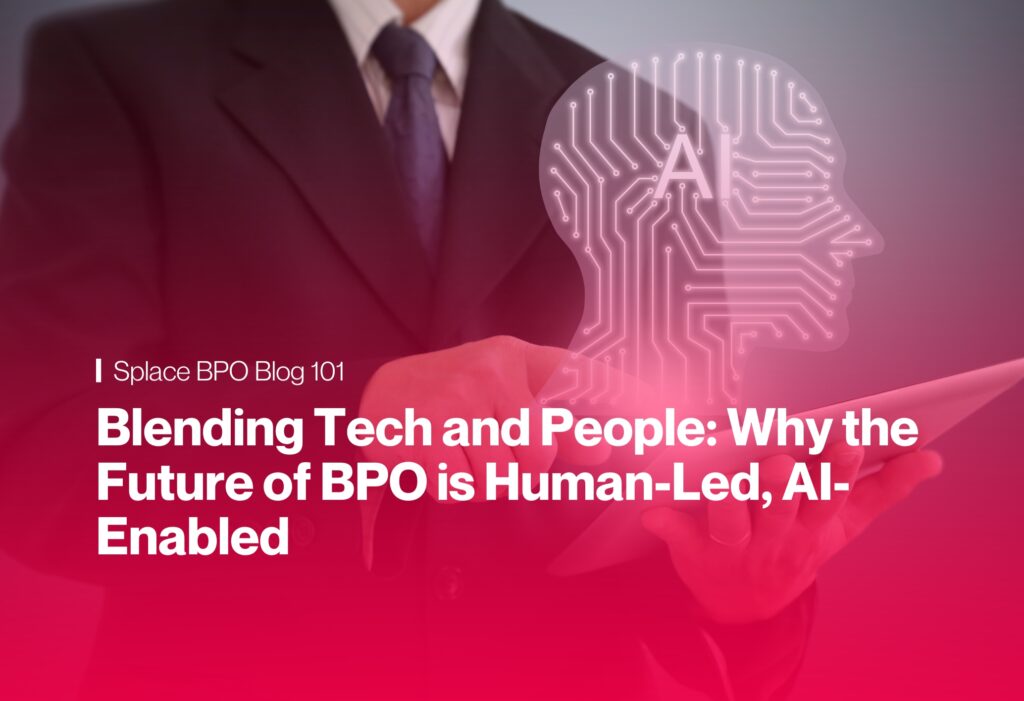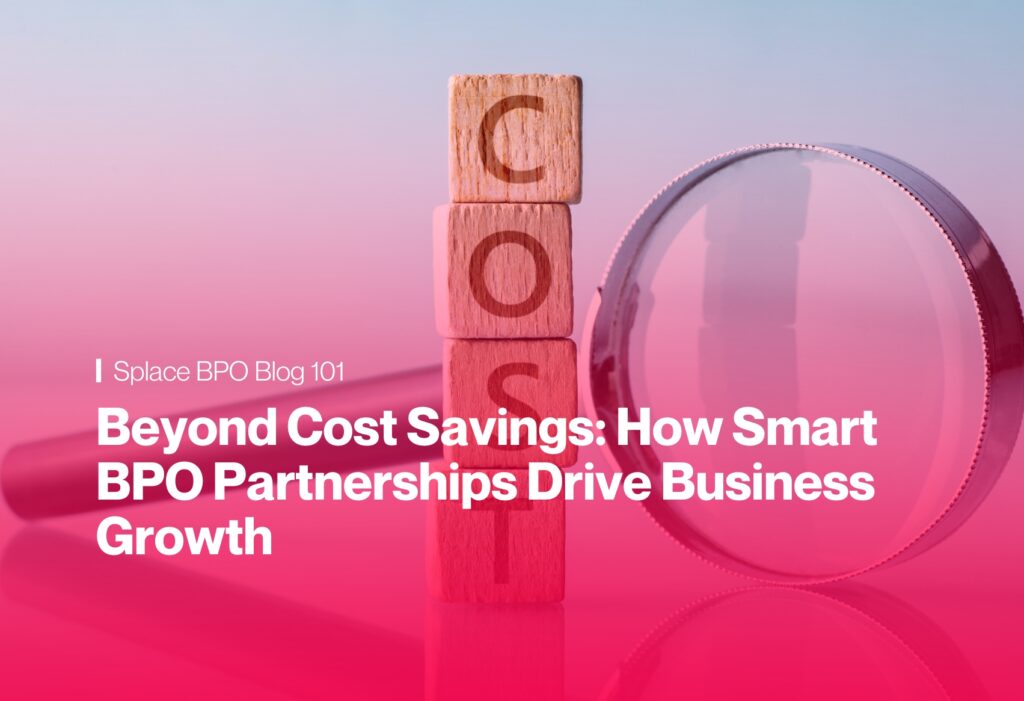Globally, an estimated 2.5 quintillion bytes of data are generated each day, making the role of data mining in uncovering valuable insights more essential than ever (IBM, 2023). The evolution of data mining trends is reshaping industries worldwide from predictive analytics that forecast market trends with up to 95% accuracy to machine learning algorithms processing data at speeds exceeding human capabilities. These innovations not only streamline operations and improve resource allocation but also allow businesses to personalize customer experiences on a larger scale.
It's evident that several developments highlight its transformative impact. AI-driven algorithms are changing how decisions are made, with experts predicting AI integration could bring about $2.9 trillion in business value by 2025 (Gartner, 2023). Also, advancements like edge computing and real-time data processing are making data mining faster and more flexible, letting organizations take action right away. These trends show how data-driven approaches are becoming and promise new levels of efficiency and innovation in various industries.

10 Trends in Data Mining
1. AI and Machine Learning Integration
AI and machine learning are making a huge difference in how insights are generated and predictions are made. Companies that use AI technologies, such as deep learning, are not only improving their predictive accuracy but also seeing substantial boosts in profitability which is shown from McKinsey’s reports with an average increase of 12%. These advancements are automating complex data analysis tasks, uncovering hidden patterns, and making decision-making processes more effective than ever before. This combination of technology is reshaping industries and setting new standards for efficiency and innovation.
2. Real-Time Data Processing
Real-time data processing is now a must-have, especially with the explosive growth of IoT devices—expected to hit a whopping $1.6 trillion market value by 2025. As more devices get connected, there's a huge need for instant data analysis to pull out actionable insights from all that streaming data. Technologies like Apache Kafka and Apache Storm are stepping up to help organizations make split-second decisions based on real-time analytics. It's all about keeping up in today's lightning-fast digital landscape and staying ahead of the competition.
3. Graph Analytics
Graph analytics is really taking off because it's great at finding complex relationships in networks—whether it's in social media connections or supply chains. Gartner says that by 2023, graph technologies will help about 30% of organizations quickly understand context, making operations more efficient and strategic decisions smarter in all sorts of industries. It's like giving businesses a new superpower to see connections and make better moves.
4. Privacy-Preserving Techniques
Privacy is a big deal these days, especially with rules like GDPR and CCPA getting stricter. That's why techniques like differential privacy and federated learning are so important—they help keep user data safe while still letting companies learn useful stuff. Big names like Apple and Google are using these tricks to make sure they follow the rules and keep customer trust strong. It's all about making sure sensitive info stays safe from hackers and prying eyes.
5. Unstructured Data Mining
Text mining and natural language processing (NLP) are game-changers when it comes to digging into stuff like social media posts, customer reviews, and emails that aren't neatly organized. IDC says by 2025, almost 80% of the world's data will be this messy kind, so these technologies are super important. They help businesses really get what customers are feeling, spot trends fast, and see new chances to grow. It's all about turning a mountain of words into smart moves that pay off.
6. Blockchain for Data Integrity
Blockchain technology is gaining recognition for its role in enhancing data integrity and traceability. According to Deloitte, 53% of executives consider blockchain a top priority for their organization's operations. By using blockchain's decentralized ledger, companies ensure the trustworthiness and permanence of data mining results, reducing risks related to data tampering and fraud.
7. Edge Computing
Edge computing is reshaping data mining by enabling real-time processing closer to the data source, reducing latency and bandwidth usage. The edge computing market is projected to grow to $43.4 billion by 2027, driven by its applications in IoT and autonomous systems. This proximity enhances decision-making capabilities in scenarios where immediate insights are crucial, such as industrial automation and smart cities.
8. Automated Feature Engineering
Automated feature engineering tools powered by AI and machine learning are transforming data mining processes by automating the selection and engineering of relevant features from raw data. Research published in Nature Machine Intelligence indicates that these tools can reduce the time spent on feature selection by up to 90%, accelerating model development and improving accuracy.
9. Ethical AI and Bias Mitigation
Creating ethical AI frameworks and using bias mitigation techniques are crucial for making sure data mining algorithms are fair and inclusive. According to Harvard Business Review, companies with diverse teams are 70% more likely to tap into new markets, showing why it's smart to make decisions that bring everyone in. Fixing biases and sticking to good practices helps businesses win trust and respect for how they use data to get ahead.
10. Explainable AI
Explainable AI is getting a lot of attention because AI stuff is getting fancier and harder to figure out, so we need clear reasons behind what it decides. Gartner says by 2024, most places will make sure AI is clear to understand. Tricks like LIME and SHAP help people read what AI spits out, see why it chooses things, and keep the rules in check, which makes folks trust AI more and know who's responsible for what it says.
What’s Next?
Data mining is a field that is always changing and opening up new possibilities for companies in many industries. Organizations are getting better at anticipating problems, seeing opportunities, and promoting growth as a result of developments like AI integration, real-time processing, and predictive analytics. Data mining has the potential to fundamentally alter strategic planning and decision-making in addition to its ability to manage and analyze enormous amounts of data.
In the future, organizations looking to fully utilize data mining will need to stay current on these developments. This will guarantee their continued innovation and competitiveness in a world where success increasingly depends on data-driven insights. Organizations can streamline operations and open up new opportunities for innovation and long-term success in their particular industries by adopting these technologies and approaches.
About SPLACE
SPLACE is a dynamic and innovative business process outsourcing company that offers a wide range of outsourcing services to businesses worldwide. With a focus on delivering high-quality solutions, virtual assistance, IT solutions, and exceptional customer service, SPLACE has established the company as a trusted outsourcing and call center service provider to companies across various industries.
SPLACE comprises experienced professionals who deliver customized and cost-effective solutions to meet every client's business needs. The company believes in the power of technology and innovation to drive growth and success, and its main focus is helping clients succeed in an ever-changing business landscape.
Clients looking for support in data management, customer service, virtual assistance, technical support, or any other outsourcing need can seek help from the SPLACE BPO firm.
If you are interested in Splace’s Business Process Outsourcing Solutions,
Email: ceo@splacebpo.com or call us at
US: +1 929 377 1049 CA: +1 778 653 5218 UK: +61 483 925 479 AU: +61 483 925 479 NZ: +64 9 801 1818
NL: +31 20 532 2142











